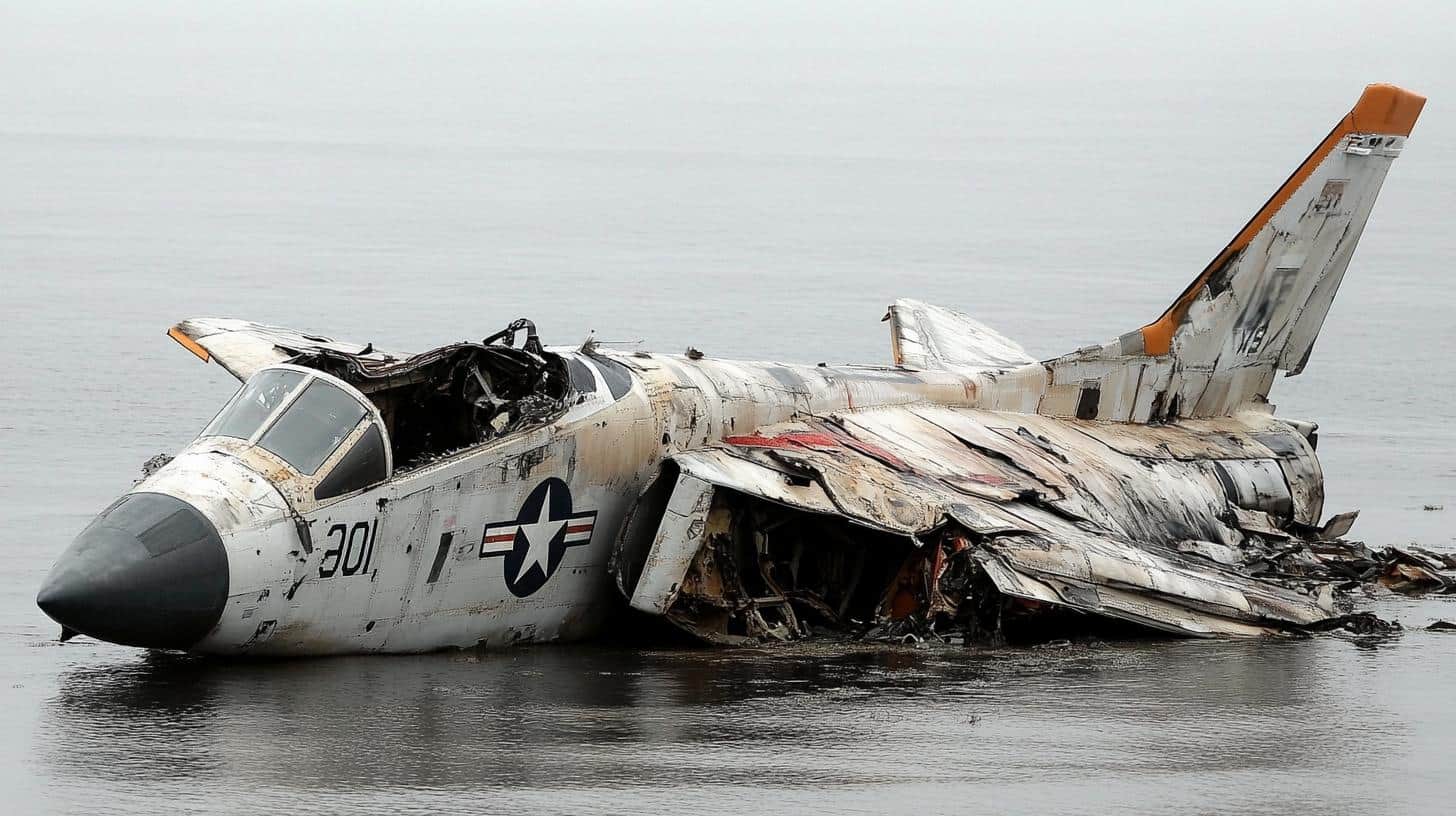A U.S. Navy fighter jet crashed in Washington state, and while the wreckage has been discovered, search efforts continue for the missing crew members who were on board the aircraft at the time of the incident. The Navy reported the crash in a press release.
The crash site of the EA-18G Growler, an aircraft involved in electronic warfare, is located on a mountainside east of Mount Rainier. A Navy emergency response center has been set up at Whidbey Island Naval Air Station, situated north of Seattle, to organize the search and recovery mission in this remote region.
The Growler was on a standard training exercise when it went down on Tuesday afternoon. It is part of Electronic Attack Squadron 130, known as the “Zappers,” based at Whidbey Island.
Efforts to locate the aircraft started soon after the crash was reported at 3:20 p.m. PT, with a team, including a MH-60S helicopter, launched from Whidbey Island to search for the downed aircraft. The challenging mountainous and forested terrain, poor weather, and reduced visibility have complicated the search operation, which has continued into the night.
Search and rescue teams identified the crash site by Wednesday afternoon; however, it remains an area that vehicles cannot reach. The cause of the crash is currently under examination, and the identities of the crew members are yet to be released by the Navy.
The “Zappers,” credited as the Navy’s pioneering electronic warfare squadron, returned recently from a combat mission aboard the USS Dwight D. Eisenhower.
The Impact of Military Aviation Accidents on Society
In the wake of recent military aviation incidents, such as the crash of a U.S. Navy EA-18G Growler in Washington state, questions arise about the broader implications for individuals, communities, and nations. These events are not just tragic occurrences; they catalyze discussions on safety, military readiness, and community impact. Here, we delve into how such incidents affect different facets of society, with intriguing facts and controversies that often accompany them.
Human Impact
The immediate and most palpable effect of an aviation accident is on the people directly involved and their families. The loss or injury of crew members has a profound effect emotionally and financially. Families are left grappling with uncertainty and grief, often for extended periods during search and recovery efforts, as seen with the efforts surrounding the “Zappers” squadron.
Community and Environmental Effects
Communities near crash sites experience the repercussions in varied forms. In the case of the Growler crash near Mount Rainier, the local environment faces potential ecological damage, which can persist long after the wreckage is cleared. Additionally, nearby residents encounter disruptions due to increased military and media presence, which can strain local resources. Recovery operations can impact local traffic and daily life, highlighting the sometimes-overlooked community footprint of military operations.
Military and Governmental Response
Such incidents challenge the military to reassess training protocols, equipment maintenance, and operational safety. The Navy’s response to the Growler incident, involving extensive search operations and the establishment of command centers, exemplifies efforts to address potential gaps in operational safety quickly.
Technological and Safety Controversies
Aviation accidents often spark debates about aircraft design and safety protocols. The Growler is vital to electronic warfare; thus, its reliability is crucial. Discussions arise regarding technological advancements versus potential vulnerabilities in complex military systems. There is also the persistent question of balancing rigorous training exercises with safety precautions to prevent such accidents.
Fostering International Relations and Policies
On a broader scale, military accidents can influence international relations. They might prompt discussions about arms control agreements, military exercises, and the environmental impact of defense activities. Such incidents sometimes foster calls for increased transparency in military operations and encourage cooperative international safety standards.
For additional insights, readers may explore more about military aviation and its global implications through trusted sources like Navy.mil, which provides official updates from the U.S. Navy, and Defense.gov, offering insights into defense activities and military affairs.
In conclusion, while military aviation accidents bring immediate concern to affected individuals and communities, their ripple effects stretch far wider, influencing societal, environmental, and international dimensions. As such incidents continue, they catalyze crucial conversations about safety, technology, and the intricate balance of military readiness and community welfare.






















